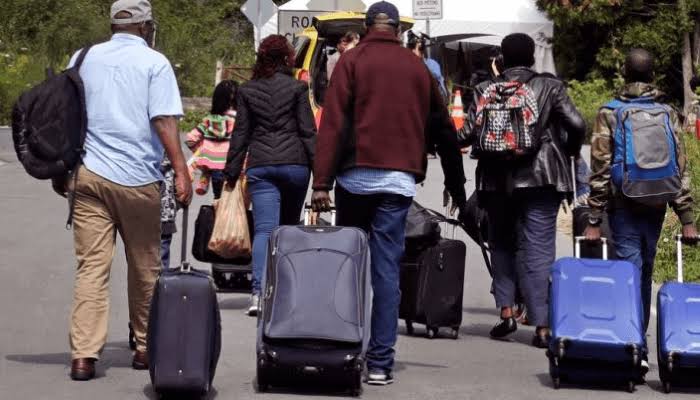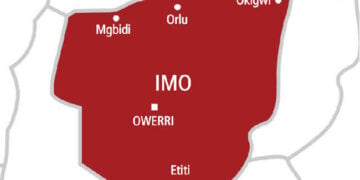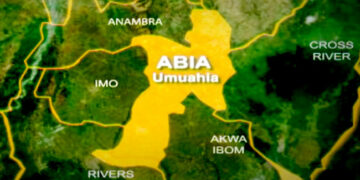The United Kingdom’s initial plan to increase the family visa threshold from £29,000 to £38,700 (approximately N80million), has been put on hold by the new government, Home Secretary Yvette Cooper has announced.
Initially set to take effect in 2025, former Prime Minister Rishi Sunak introduced the policy earlier this year to reduce the record immigration figures.
However, the new administration has decided to delay the implementation of the proposed increase until a comprehensive review of the family visa policy is conducted by the Migration Advisory Committee (MAC).
The new government will also request a family visa policy review by the Migration Advisory Committee, and until then, the £29,000 threshold will be effective.
“The Minimum Income Requirement is currently set at £29,000 and there will be no further changes until the MAC review is complete,” Cooper said.
The new Home Secretary added that, “The Family Immigration Rules, including the Minimum Income Requirement, need to balance a respect for family life whilst also ensuring the economic wellbeing of the UK is maintained.”
Cooper, as cited by the Evening Standard, confirmed that no further changes will be made until the independent public body launches its review.
Until the review is completed, the current threshold of £29,000 will remain in place.
The government has tasked MAC with evaluating the impact of restricting migrant workers from bringing family members to the UK and the implications of increasing wage thresholds.
According to Cooper, the new government would take a new approach to legal migration, aiming to increase the skills of the local workforce before recruiting foreign workers.
The new Home Secretary further said that the increasing levels of legal migration over the past few years reflect a “failure” in addressing the labour shortages and other issues within the country’s labor market.
Regarding this, Cooper noted the increase in non-EU long-term migration from 277,000 in the year to December 2022 to 423,000 in the year to December 2023.
“This is why we are setting out a different approach one that links migration policy and visa controls to skills and labour market policies so immigration is not used as an alternative to training or tackling workforce problems here at home,” Said Cooper.
The number of visa applications across key routes in the UK decreased by 25 per cent during the first quarter of 2024.
The drop in visa applications is closely related to the stricter immigration regulations introduced by the previous government over the past few months to reduce record immigration figures.
In addition to increasing the minimum income requirement, other measures introduced earlier this year include stricter student visa rules and other policies related to foreign healthcare workers.





